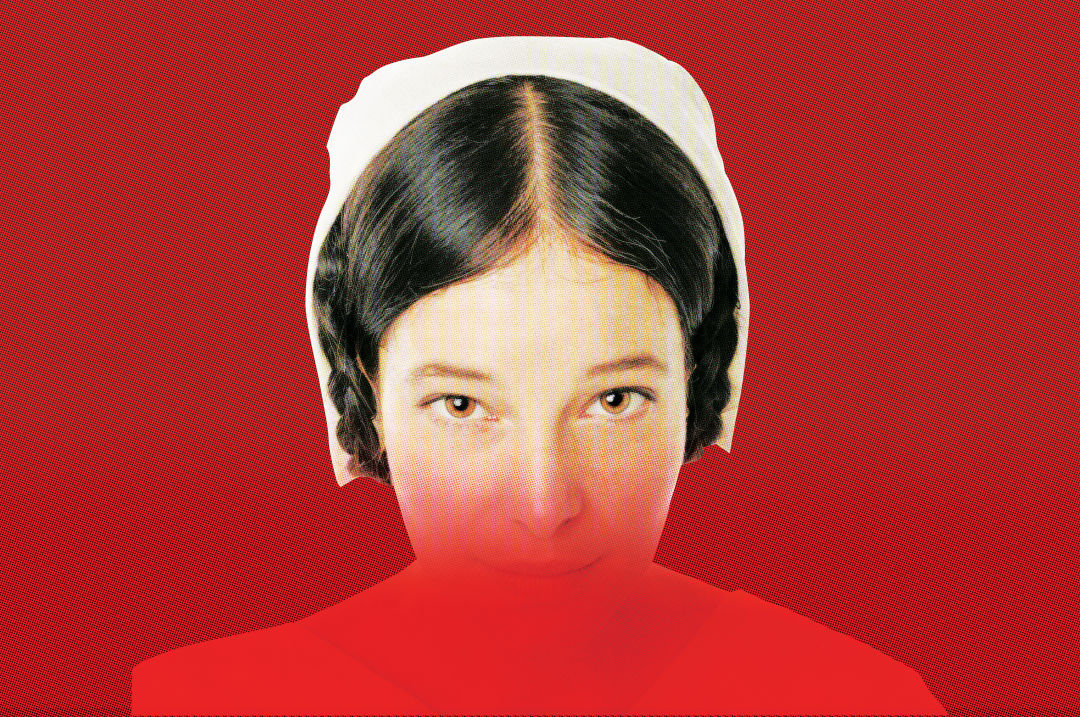Can Portland Playhouse Pull Off a Scarlet Letter Musical?

Take a 19th-century novel about a “fallen woman.” Rewrite it as musical theater. Invite an influential feminist organization to collaborate. What have you got? Something Portland Playhouse artistic director Brian Weaver hopes will resonate with audiences circa right now.
“The story [Nathaniel] Hawthorne wrote is a little more what happens to her,” Weaver says of protagonist Hester Prynne, shamed and shunned for having another man’s child while her husband was away, forced to wear a red letter marking her as an adulterer. Playwright Michelle Horgen, Weaver says, “is piercing through that to look at what is Hester’s agency, what are the decisions she’s making, why is she making them, and how does she traverse the landscape of the male-dominated community.”
Horgen, a former high school drama teacher, serves as Scarlet’s writer, composer, and lyricist. (This rare theatrical “triple threat,” Weaver notes, puts Scarlet in the company of Hamilton, whose words, music, and lyrics also sprung from a single creator.) But the potentially Broadway-scale production might stand out even more for the additional players helping bring it to life.
Bitch Media, best known for its sharp-tongued and -witted magazine and website that operate as “a feminist response to mainstream media and pop culture,” generally reacts to a work after its premiere or publication. For Scarlet, though, the Portland-based nonprofit was called in to help shape the show, giving feedback on the characters and dialogue. “The point of the musical is not to transform The Scarlet Letter into a feminist tract,” says Bitch cofounder Andi Zeisler, “but to fill out the story in a way that honors the original narrative and puts it in a new context.”
Foregrounding Hester’s agency isn’t the only way the playhouse is bringing today’s social awareness to the 17th-century Puritan setting. The theater is part of the Oregon Arts Leaders for Inclusion Coalition, “a learning and advocacy group,” Weaver says, to discuss “how to shift the culture of art organizations in order to be more robustly successful in inclusive practices.” It was formed in 2016 by PHAME, a local arts and education nonprofit focused on opportunities for the developmentally disabled community. PHAME acted as a connector to performers: two PHAME artists are in the cast, and the group participated in Scarlet’s workshop process last year.
That workshopping goes on, tying in Bitch’s input and Horgen’s own reactions to the shifting political landscape. “Michelle continues to write and rewrite,” Weaver says, “and make wonderful, both subtle and dramatic changes over the last year of script development. I think that’s going to occur up until opening night.”
Scarlet
Feb 28–Apr 1, Portland Playhouse




